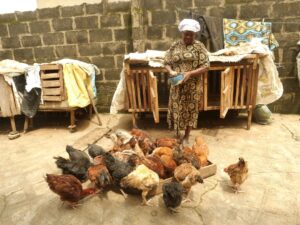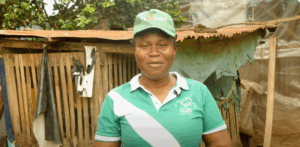Protein helps children grow and develop properly, and it also plays a role in their immune system, energy levels, and cognitive function. Unfortunately, many children in Africa do not get enough protein in their diet. This is due to several factors, including poverty, food insecurity, and poor access to nutritious foods. There are several things that can be done to improve protein nutrition for children in Africa. These include:
- Increasing the availability of protein foods, such as legumes, nuts, seeds, eggs, meat, fish, and dairy products.
- Educating families about the importance of protein and how to include it in their children’s diets.
- Providing food assistance to families who are struggling to meet their children’s nutritional needs.
By taking these steps, we can help to ensure that all children in Africa have access to the protein they need to grow and develop healthy. Here are some benefits to children having adequate protein in their diet:
- Protein helps children build and repair tissues, including muscle, bone, and blood.
- Protein is also essential to produce enzymes and hormones, which play a role in a variety of bodily functions.
- Protein helps children maintain a healthy weight and prevent obesity.
- Protein can help children improve their cognitive function and academic performance.
- Protein can help children fight off infections and stay healthy.
By ensuring that children in Africa have adequate protein we would be preventing the following:
- Protein-Energy Malnutrition, which can cause stunted growth, weight loss, and other health problems.
- Kwashiorkor, a severe form of PEM that can cause edema (swelling), skin changes, and other symptoms.
- Marasmus, another severe form of PEM that can cause wasting of the body’s tissues.
- Anemia, a condition in which the body does not have enough red blood cells.
- Increased risk of infections.
- Poor cognitive development.
Protein nutrition is essential for children in Africa. By taking steps to improve protein availability and education, we can help to ensure that all children can reach their full potential.






